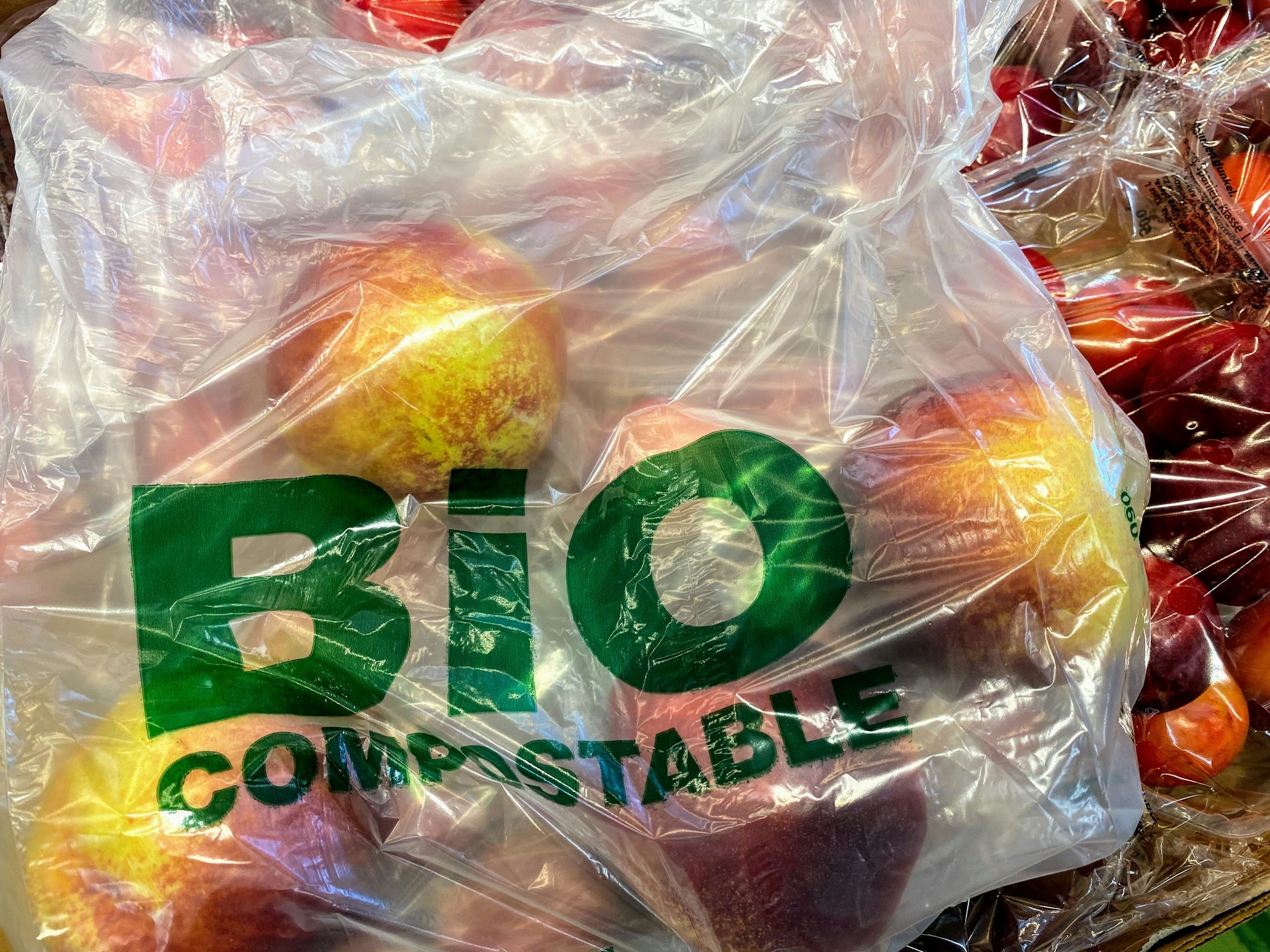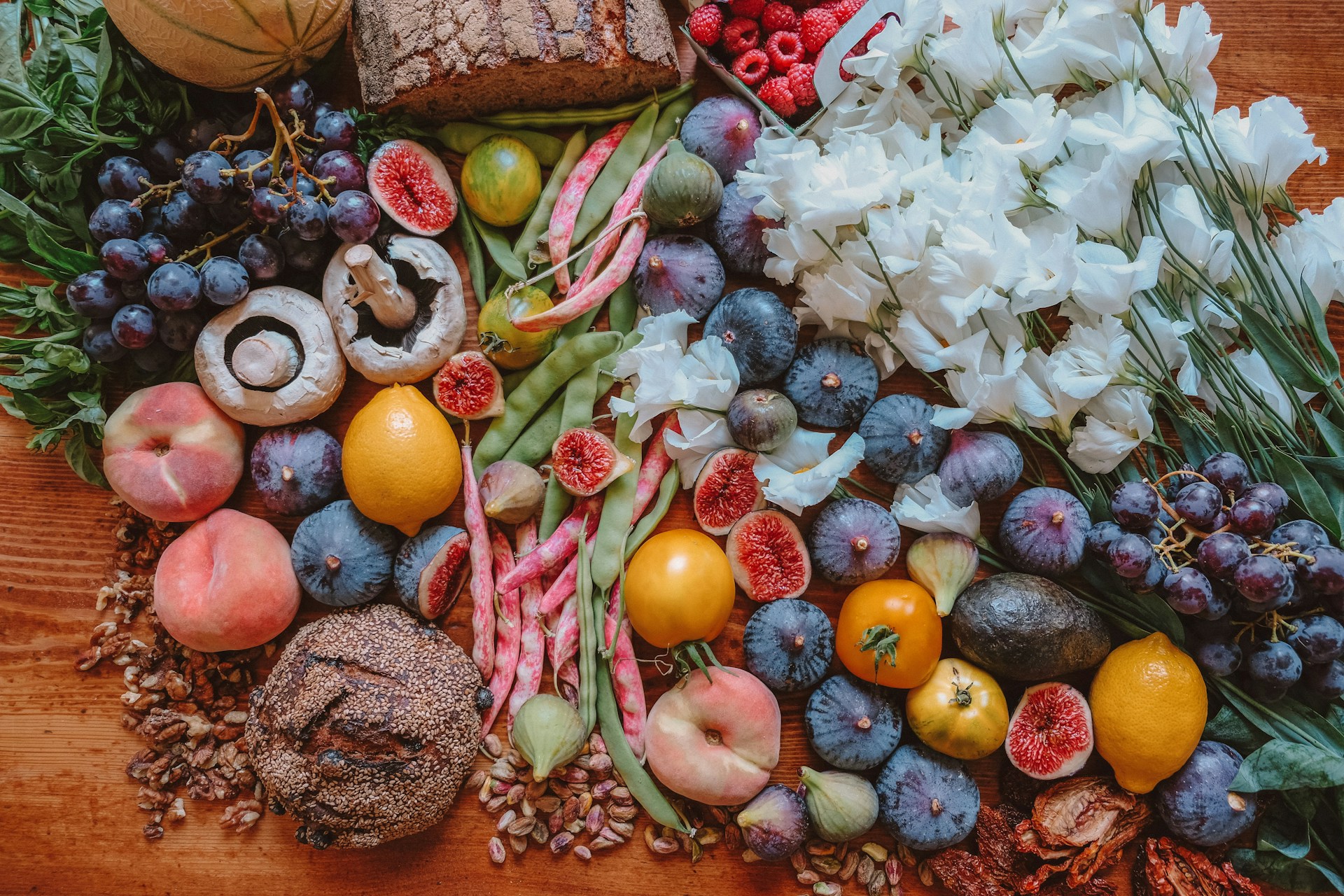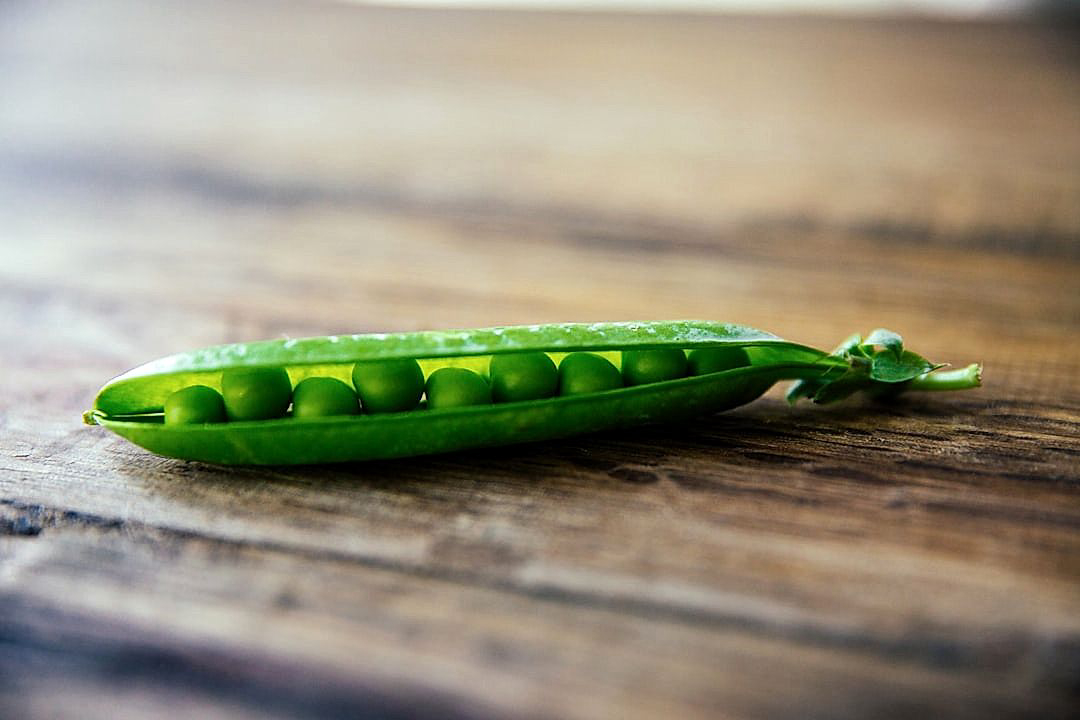The importance of sustainable practices in every sector has never been more evident than now.
As we grapple with the escalating climate crisis, ‘going green’ is not just a trend, but a necessity, particularly in the realm of produce packing.
Utilizing recycled materials can significantly reduce our ecological footprint, demonstrating a commitment not just to the bottom line, but also to our environment.
Such innovative measures are becoming increasingly prominent, transforming sectors and debunking the notion that profitability and environmental responsibility can’t symbiotically exist.
This post will delve into several dynamic strategies for integrating recycled materials into produce packing operations.
By leveraging these approaches, businesses can promote environmental sustainability while also enhancing their operational efficiency.
Contents
Impactful Ways To Use Recycled Materials In Produce Packing
1. Using Recycled Plastic for Creating Produce Containers
There is an overwhelming need for sustainability measures in all industries due to mounting environmental concerns.
The rise in pollution levels worldwide serves as a stark reminder that we need to switch to more eco-friendly solutions in all aspects of our life.
One such eco-friendly solution in the produce packing industry is the use of recycled plastic for creating containers.
Recycled plastic offers numerous benefits over traditional plastic containers, starting from better environmental impact to higher financial savings due to lower material costs.
By embracing the use of recycled plastic, businesses can contribute to reducing global waste while providing consumers with fresh, high-quality produce.
The recycled plastic used for these containers is sourced from items such as water bottles and food containers that have been carefully cleaned and processed.
This process involves melting the collected plastic waste, then reshaping it into new containers.
A considerable advantage is that this recycling process can be repeated multiple times, which significantly reduces the amount of new plastic produced.
Moreover, recycling lessens the volume of plastic waste that might otherwise find its way into our seas and landfills, causing substantial environmental harm.
Apart from the environmental benefits, recycled plastic containers also provide a cost-effective solution for produce businesses.
Compared to the cost of manufacturing new plastics, recycling plastic is a more economical solution, reducing costs for both businesses and consumers.
These cost savings can even be passed onto consumers in the form of lower prices, potentially driving up demand for the produce and improving overall business profitability.
With a little creativity, recycled plastic can also be converted into aesthetically pleasing containers, proving that sustainability does not have to come at the expense of attractiveness and style.
While the initial switch to recycled plastic may require a substantial investment in terms of new equipment and employee training, the long-term benefits are unquestionably worth it.
The use of recycled plastic provides an excellent opportunity for businesses to prove their commitment to sustainable practices, setting them apart from their competitors and gaining greater customer loyalty.
Thus, leveraging recycled plastics for the production of produce containers is a win-win situation – it brings advantages for both the environment and the business.
2. Implementing Cardboard Made from Recycled Paper for Boxes
The utilization of cardboard made from recycled paper is an impactful way to contribute to sustainable produce packing.
This method is not only environmentally friendly but also a cost-effective measure for businesses.
Using recycled materials can help reduce the amount of waste generated by the manufacturing process.
Moreover, this approach has a lower carbon footprint compared to using fresh wood pulp for making cardboard.
Recycling paper into cardboard reuses resources, resulting in less strain on the environment.
This makes this method an excellent choice for businesses concerning themselves with sustainability and reducing their environmental impact.
Besides the ecological benefits, this sustainable practice can also improve a business’s brand image and attract conscious consumers.
Regrettably, some businesses are still reluctant to implement this because usage of recycled materials often correlates with weaker or inferior quality.
However, this misconception doesn’t hold true as higher quality cardboard can result from the relatively cleaner and less contaminated recycled paper.
The technology involved in recycling paper to sturdy cardboard has improved significantly over the past few years.
Various industries are now capable of producing recycled cardboard that is as durable and reliable as those made from virgin materials.
In the fruit and vegetable industry, the robustness of fruit and vegetable boxes is paramount, and recycled cardboard can meet those requirements.
Additionally, these boxes can be custom designed and printed on, offering opportunities for branding and marketing.
Even though the initial cost may be slightly higher, the long-term benefits outweigh the initial costs.
It’s not just about cost savings but leveraging sustainability for a more substantial brand reputation and customer loyalty.
Therefore, businesses should focus on investing in sustainable packing solutions like recycled cardboard boxes, as they are beneficial in both environmental and business aspects.
3. Utilizing compostable materials for biodegradable packing peanuts.
The produce industry has often relied on traditional packing materials that pose a significant problem to the environment.
Among these, one of the most used and most harmful is Styrofoam, specifically in the form of packing peanuts.
Styrofoam is a non-biodegradable material that is damaging to the environment, both in terms of its production process and its end-of-life disposal.
Recently, a more environmentally friendly solution has emerged, in the form of biodegradable, compostable packing peanuts.
These innovative packing materials are made from organic, compostable materials, often cornstarch, that break down naturally over time, making them a far greener alternative to Styrofoam.
This is particularly important as it shows a move towards environmentally conscious practices within the produce industry.
Compostable packing peanuts provide similar levels of protection for produce during transport as traditional packing peanuts, ensuring that produce reaches consumers in the best possible condition.
Besides, these peanuts are lightweight and cost-effective, adding minimal weight and cost to the overall package.
By utilizing these eco-friendly alternatives, the produce industry not only reduces the environmental impact of packing materials but also positions itself as a more sustainable and responsible entity.
This, in turn, can lead to increased brand value and customer loyalty, as consumers become more inclined to support brands that show concern for the environment.
Additionally, because these peanuts are compostable, they can be easily disposed of in a domestic compost making them more user-friendly and less likely to end up in landfill.
Ultimately, the usage of compostable materials for packing peanuts represents a significant step forward in terms of environmental responsibility for the produce industry.
While relatively small, changes such as this have a large overall impact on environmental sustainability, firmly addressing the significant issue of packing waste in the produce industry.
Going forward, it is essential that the industry continues to explore and implement further sustainable alternatives to traditional packing materials, to further enhance its environmental credentials and help reduce the global issue of packing waste.
The Bottom Line
Moving towards a more sustainable future is a shared responsibility that we must all embrace.
Implementing methods like using recycled plastic for produce containers, turning recycled paper into cardboard boxes, and utilizing compostable materials for biodegradable packing peanuts are powerful ways to reduce waste, conserve resources, and fight against the mounting issue of pollution.
It is evident that these strategies not only support a healthy environment but demonstrate our dedication to sustainability.
Without a doubt, these initiatives reflect a significant shift towards responsible consumption and production, promoting a more eco-friendly and sustainable future for all.




